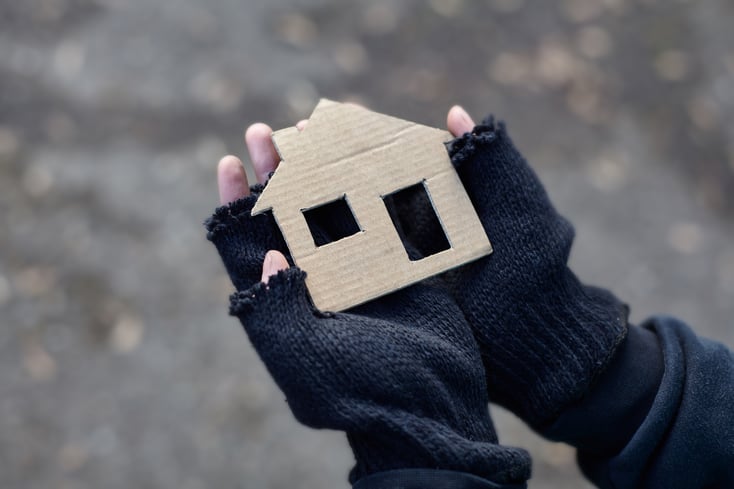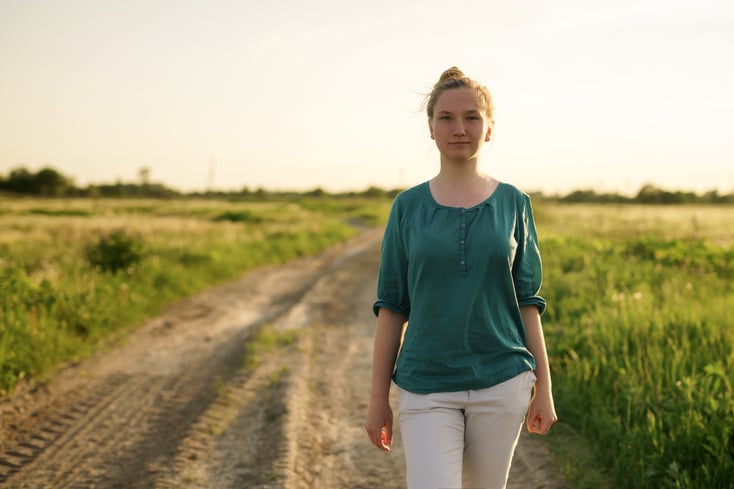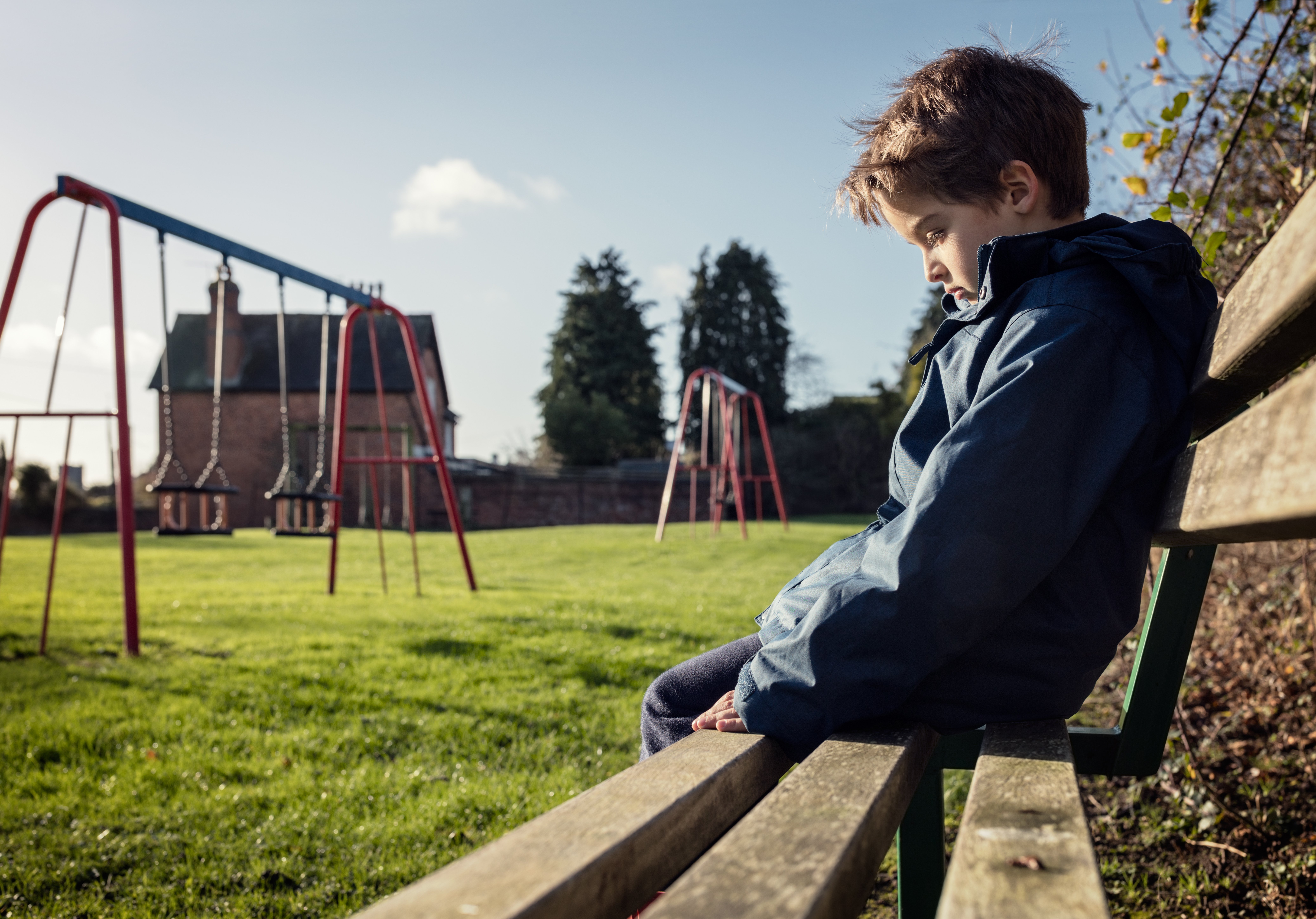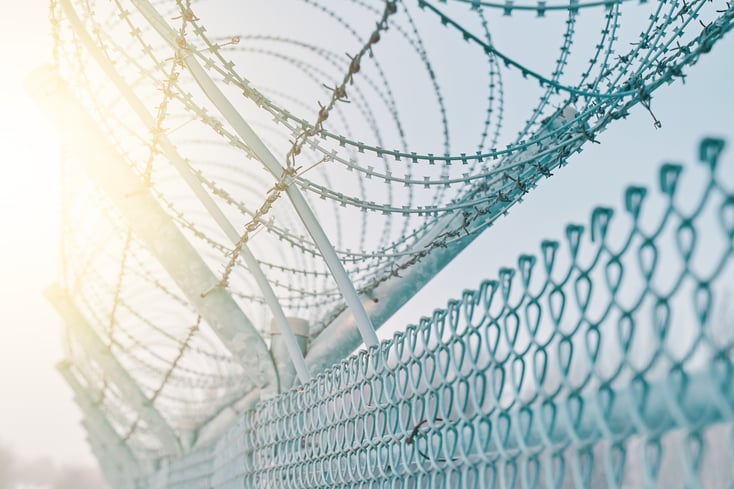
On any given night in the United States, around 41,000 unaccompanied youth and young adults ages 12-25 experience homelessness, along with an estimated 4.2 million young people every year. Many factors lead to adolescents facing this growing issue.

On any given night in the United States, around 41,000 unaccompanied youth and young adults ages 12-25 experience homelessness, along with an estimated 4.2 million young people every year. Many factors lead to adolescents facing this growing issue.
Topics: Child Welfare, Troubled Youth, COVID-19

Multisystemic Therapy - Prevention (MST-PRV) was designed in response to the unique needs of the NYC child welfare system, the Administration for Children's Services (ACS). MST Services, the purveyor of Multisystemic Therapy and its adaptations, identified the need for a service delivery that could both target challenging behaviors by the youth, while also reducing the risk of abuse or maltreatment.
Topics: Multisystemic Therapy, Child Welfare
 Summer is here, and teenagers have a break from academic responsibilities—allowing them to have more time on their hands. During these months, the majority of adolescents have less structure and supervision and it is not a time to ignore the actions of youth illegal activity. While the overall juvenile arrest rates are decreasing, the number of teens who get in trouble with the law each summer remains high.
Summer is here, and teenagers have a break from academic responsibilities—allowing them to have more time on their hands. During these months, the majority of adolescents have less structure and supervision and it is not a time to ignore the actions of youth illegal activity. While the overall juvenile arrest rates are decreasing, the number of teens who get in trouble with the law each summer remains high.
Topics: Multisystemic Therapy, Troubled Youth, COVID-19
This is a story about a father. Mind you, not your typical Father’s Day story. This is about a man who knew his influence and used it to change the direction of his son’s life. It’s about a therapist who understood the importance of fathers, and who had the insight and willingness to do “whatever it takes” to change the life of a kid, a kid that most people thought was a lost cause.

Topics: MST Success Stories
 Truth be told, there are a number of barriers to mental health services in rural communities throughout the United States. The question is, why?
Truth be told, there are a number of barriers to mental health services in rural communities throughout the United States. The question is, why?
Topics: Mental Health
 Today we want to highlight two Multisystemic Therapy clinicians that have changed career paths to better serve youth and their families in Virginia.
Today we want to highlight two Multisystemic Therapy clinicians that have changed career paths to better serve youth and their families in Virginia.
The state of Virginia spends more than $170,000 to incarcerate one youth a year and in 2019 there were 58,234 children reported as victims of abuse or neglect. Because Multisystemic Therapy has such a positive effect on youth and families, several organizations in Virginia dedicated to empowering communities have helped grow the presence of MST programs. One of those organizations is the National Counseling Group, which provides mental, behavioral, and substance use services. They have offered Multisystemic Therapy since 2017 and have five teams for Court Service Units in several districts.
Topics: MST Community
 Every year around 250,000 U.S. children are placed in the foster care system. However, 2020 was a year like no other. So, where does the system stand?
Every year around 250,000 U.S. children are placed in the foster care system. However, 2020 was a year like no other. So, where does the system stand?
Topics: Child Welfare, COVID-19

29% of high-school students reported drinking alcohol, and 22% said they used marijuana in 2019. However, studies show that due to COVID-19, young adults with mental health issues are more likely to report an increase in drinking; during the pandemic, the percentage of students who used alcohol rose to 30.4%. Using and abusing drugs as a minor has been shown to contribute to academic difficulties, mental-health problems, negative peer relationships, and involvement in the juvenile justice system. We know that adolescents are hard-wired to take risks. Thus, many teens will experiment with drugs and alcohol, and will not grow to abuse these substances. But what can be done to help those who escalate from experimentation to misuse, abuse or a substance misuse disorder?
Topics: Juvenile Justice Reform
 Telehealth was once used as a solution to reach rural communities, underserved populations, and clients in secured facilities such as prisons, but it has now become a normality in the healthcare industry. Due to the global pandemic in 2020, healthcare systems had to quickly overcome barriers brought on by the inability to provide face-to-face services; our education, justice, and housing systems all had to do the same. Despite these unprecedented challenges, telehealth has developed a new, possibly more efficient, way to provide services to all individuals in need.
Telehealth was once used as a solution to reach rural communities, underserved populations, and clients in secured facilities such as prisons, but it has now become a normality in the healthcare industry. Due to the global pandemic in 2020, healthcare systems had to quickly overcome barriers brought on by the inability to provide face-to-face services; our education, justice, and housing systems all had to do the same. Despite these unprecedented challenges, telehealth has developed a new, possibly more efficient, way to provide services to all individuals in need.
Topics: Juvenile Justice Reform
 Picture a juvenile detention center. You might envision long hallways filled with cells that house justice-involved adolescents, a dull colored cafeteria, or barbed wire fences. Now picture 625 of those in the United States. These types of centers normally replicate an adult prison with limited resources. According to Prison Policy Initiative, two-thirds of confined youth are held in the most restrictive facilities, the juvenile justice versions of jails and prisons. Although the majority of these youth are detained in detention centers, there are many other forms of facilities typically hidden by euphemisms that proliferate the system.
Picture a juvenile detention center. You might envision long hallways filled with cells that house justice-involved adolescents, a dull colored cafeteria, or barbed wire fences. Now picture 625 of those in the United States. These types of centers normally replicate an adult prison with limited resources. According to Prison Policy Initiative, two-thirds of confined youth are held in the most restrictive facilities, the juvenile justice versions of jails and prisons. Although the majority of these youth are detained in detention centers, there are many other forms of facilities typically hidden by euphemisms that proliferate the system.
Topics: Juvenile Justice Reform
3500 Piedmont Rd NE
Suite 310
Atlanta, GA 30305